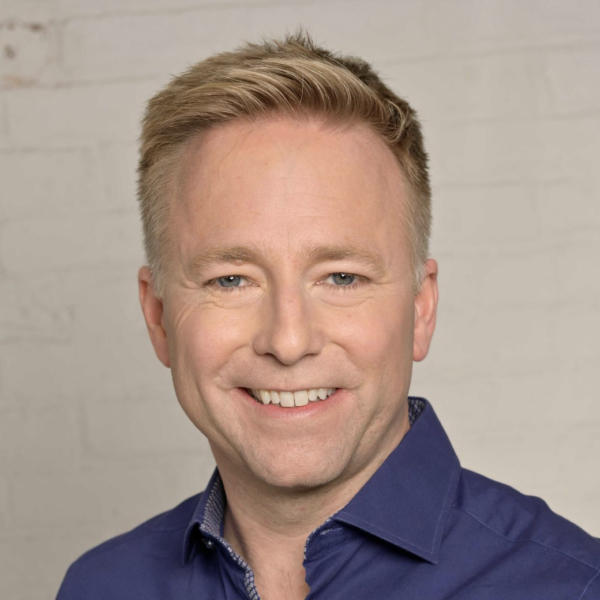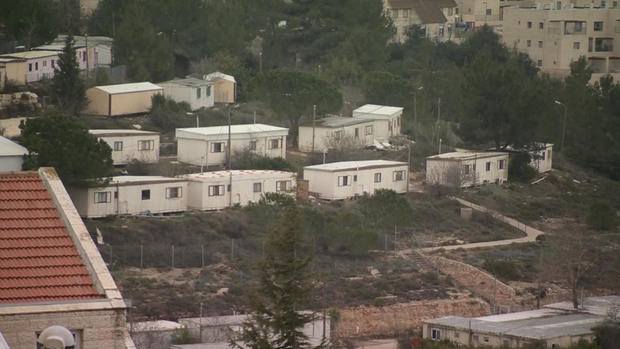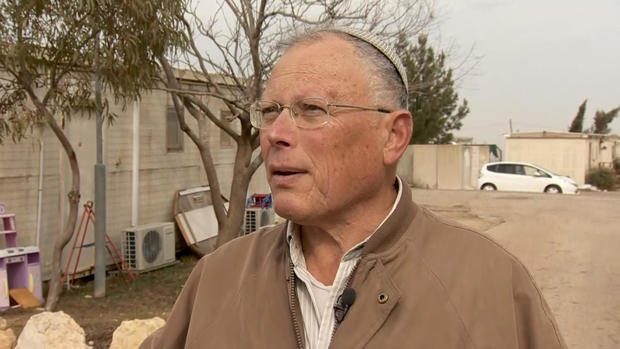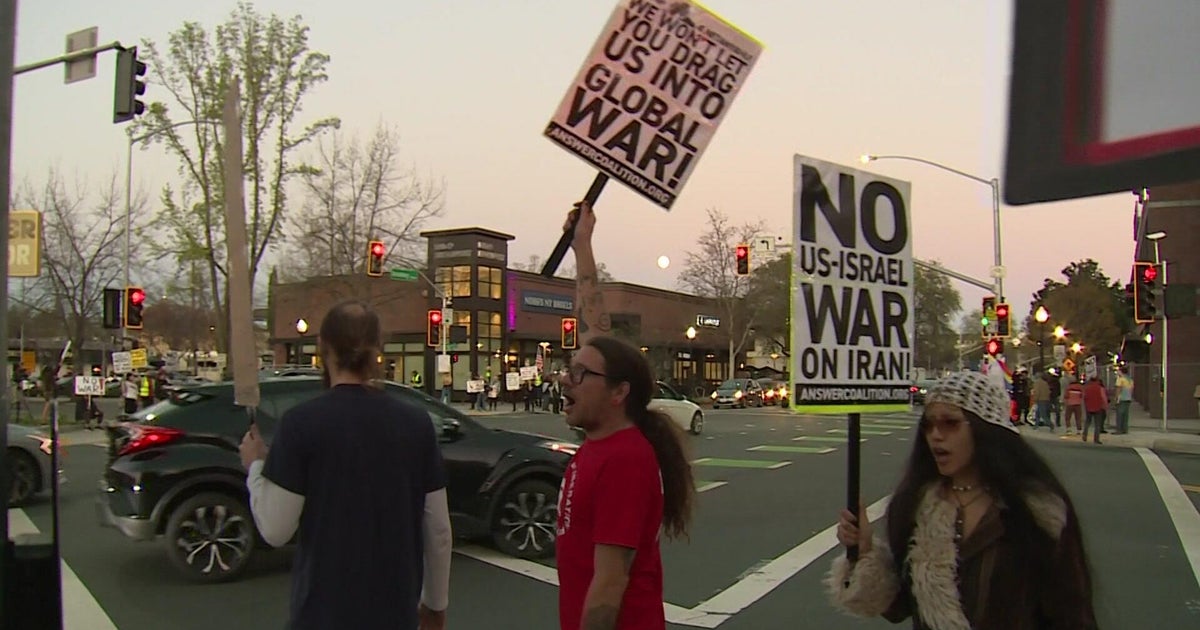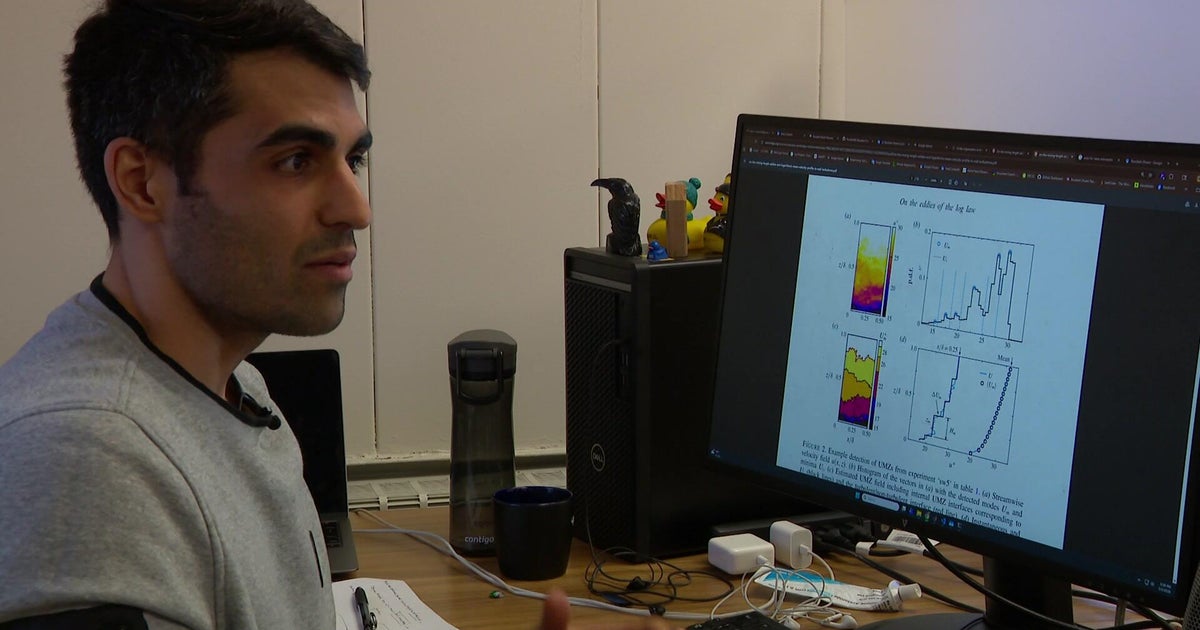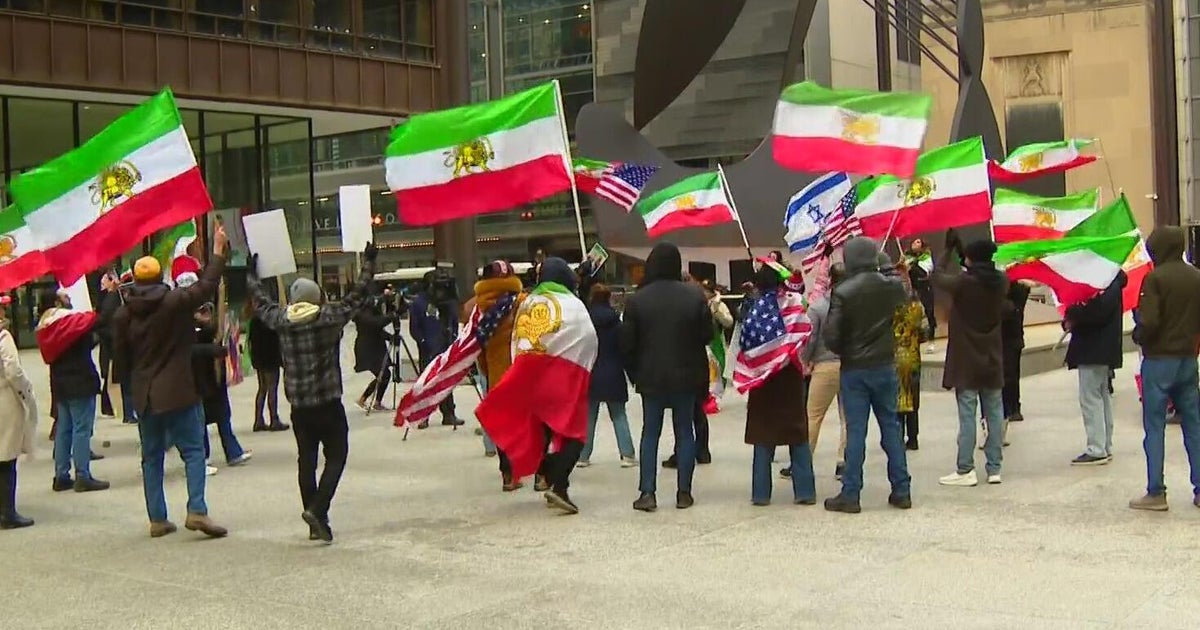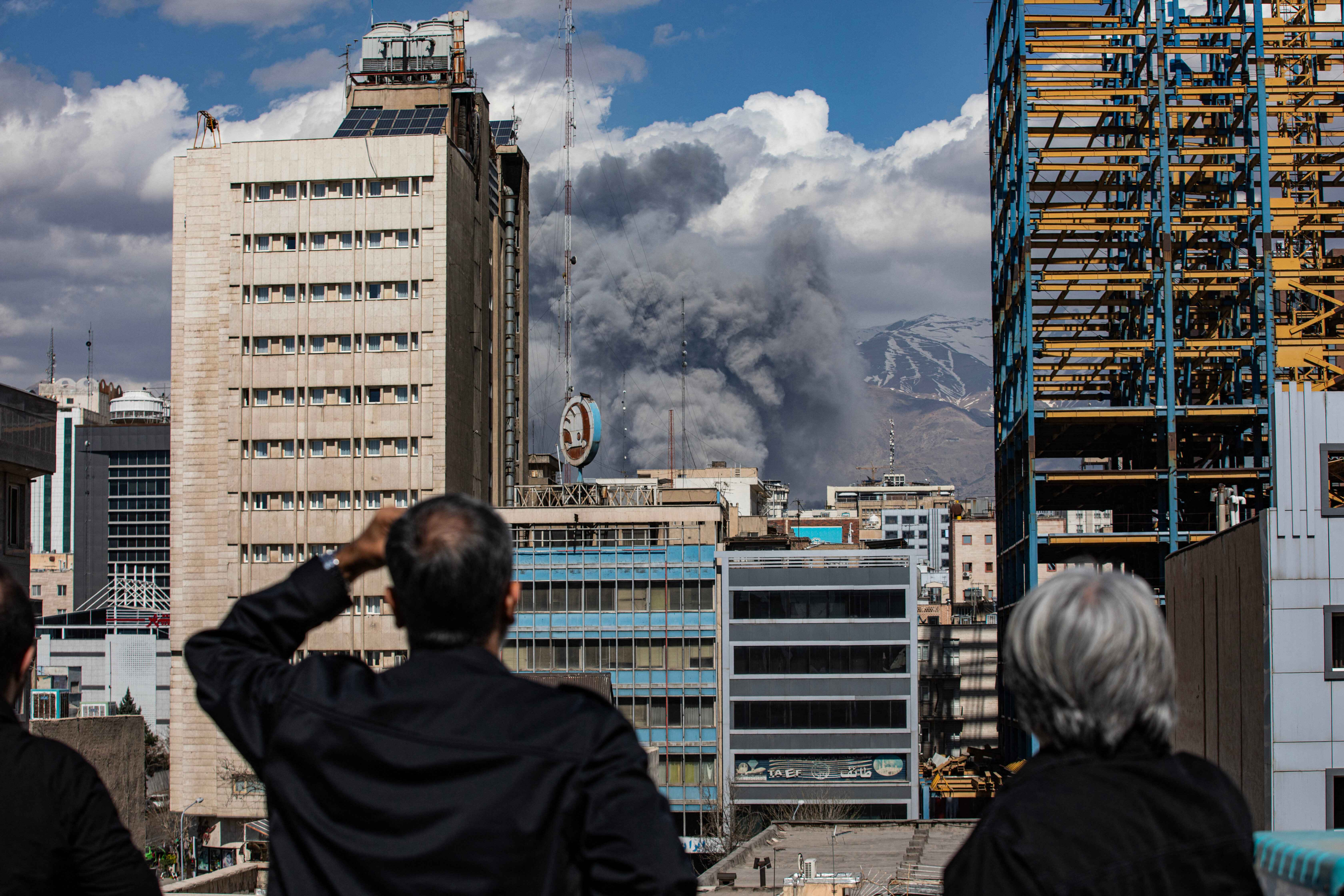Inside the West Bank settlement Beit El, which has powerful American benefactors
BEIT EL, West Bank -- Hagi Ben-Artsy is encouraged by the thousands of new building permits issued to Israeli settlers since President Trump took office, including 100 in his settlement Beit El.
“We shall see real houses because of president Trump,” he said among the small homes standing now.
The international community has condemned the settlements. The United Nations has called them illegal and for decades the U. S. has opposed any expansion here. That may be changing.
Beit El’s yeshiva, or religious school, has friends in high places.
David Friedman, Mr. Trump’s pick for U.S. Ambassador to Israel, is the American president of fundraising efforts here, raising millions.
The family foundation of Jared Kushner, senior adviser and son-in-law to Mr. Trump, donated $38,000 in 2013. And in 2003, Mr. Trump’s foundation donated $10,000.
“I believe they did it because they believe Beit El is a really very special and important place,” Ben-Artsy said.
When it was pointed out that the Palestinians also claim the land, he replied, “This was their land for the last 1,000 years. The Jewish people came here 4,000 years ago!”
This settlement carves into the rocky hillside near Ramallah, the seat of the Palestinian Authority. Merav Sela says settling here stakes a claim.
“The Arabs? They can live here but they need to be quiet and not do any harm,” she said.
In Ramallah, CBS News asked a Palestinian woman about Beit El’s high-profile supporters.
“It shows American policy will be racist against Palestinians,” she said.
Opinions are as divided as this land.
“This is the biggest problem of the world in the last 2,000 years. Who is the chosen people?” Ben-Artsy said.
An impossible question; But here, the U.S. is seen choosing sides.
